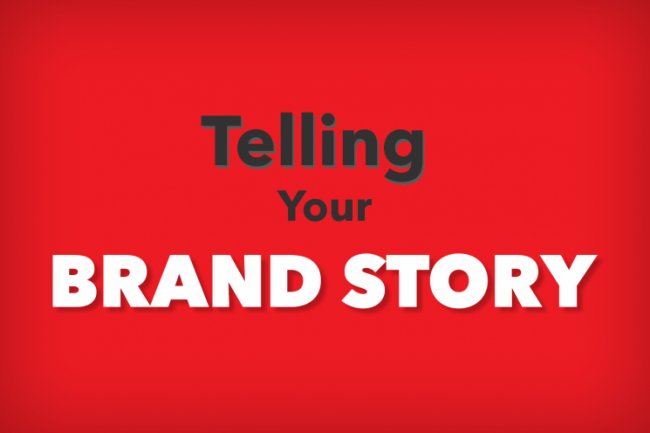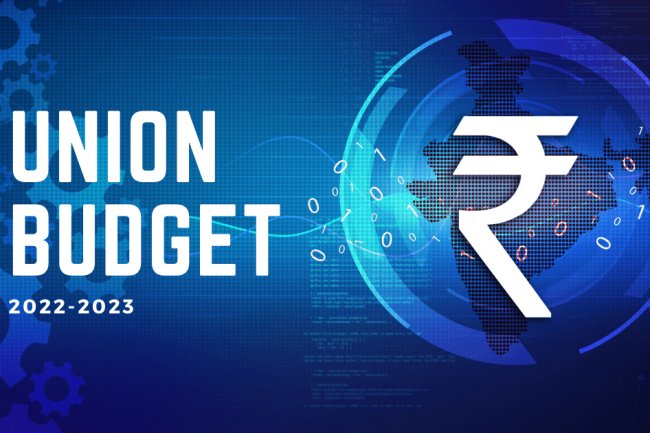Why is Debt is Not Ever Wrong?
When it comes to credit and debt, there is a cacophony of mixed and confusing messages.

When it comes to credit and debt, there is a cacophony of mixed and confusing messages. If you use a credit monitoring service, half the communications are about helping you get out of debt, while the other half is trying to get you into yet another credit card. One hardly knows what to believe when it comes to credit advice.
As with many things, the truth is somewhere in the middle. Only the independently wealthy can afford to live life without debt. Even so, the outrageously wealthy offsets their risk by using other people’s money. On the other hand, it is often the poor who are drowning in debt and end up paying more for goods and services because of a bad credit rating. Here is what you need to know about debt.
Debt Is Unavoidable
No matter how much you hate debt, some measure of debt is unavoidable. So it is somewhat unfruitful to talk about whether or not it is a bad thing. If you think of it as always a bad thing, you will miss some excellent opportunities that life has to offer. If you take on no debt, ever, the chinches are good that you will never own a house or a car.
It used t be said that our economy is based on the gold standard. But the truth is that it is based on the gold card standard. According to Forbes:
Not all debt is necessarily bad or disadvantageous to your goals. For many of us, and especially entrepreneurs, debt is merely a fact of life. What most of us don’t realize is that when used responsibly, strategic debt is a tool to improve one’s long-term financial situation.
Debt is not just a consumer burden, it is a business reality and tool. Good debt can be used to help you make money. If you hope to start your own business as a means of turning things around, you are going to want a good business loan. That loan represents debt. But it is good debt rather than bad. So stop trying to avoid the inevitable and start figuring out how to distinguish between good debt and bad debt.
Strategic Debt
Your credit score is tied to your debt. But it is not the only factor. It is a lot easier to increase your credit score rather than lower your debt. You don’t want a credit card that gives you too much credit. Too much outstanding credit is one of the factors in a low credit score.
That said, prudent use of credit is one of the factors in raising your credit score. The strategic use of credit would be to have a low credit limit of a few hundred dollars. Buy small things with the credit card every month, then pay off all of it before it is time to make a payment. If your credit is poor, you will have a high-interest rate. You don’t want to ever pay that interest. Your credit card company will report that you are making on-time payments and that will have a positive effect on your credit score.
Credit Score
Don’t ever pay to learn your credit score. You can do that for free. What you want is a credit monitoring service. It doesn’t do you any good to know your credit score if you don’t know what to do with that information. A credit monitoring service can alert you when your identity has been stolen, or when you have a new alert on your report. They can help you dispute bogus claims against you and have them removed from your record.
Credit is not a bad thing. It is a reality. Don’t be a timid victim of it. Learn how to use it to your benefit. Recognize that it is unavoidable, learn the difference between good debt and bad debt. And always know the score and what you can do to raise it.
Source: StartUP Buzz
What's Your Reaction?




















